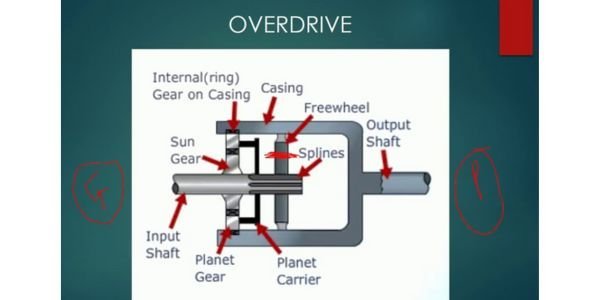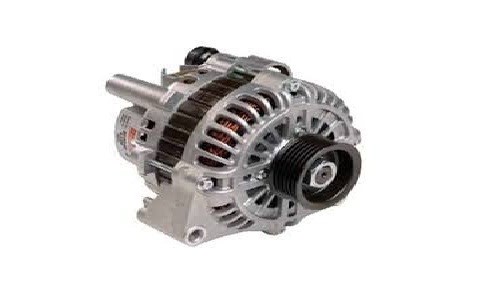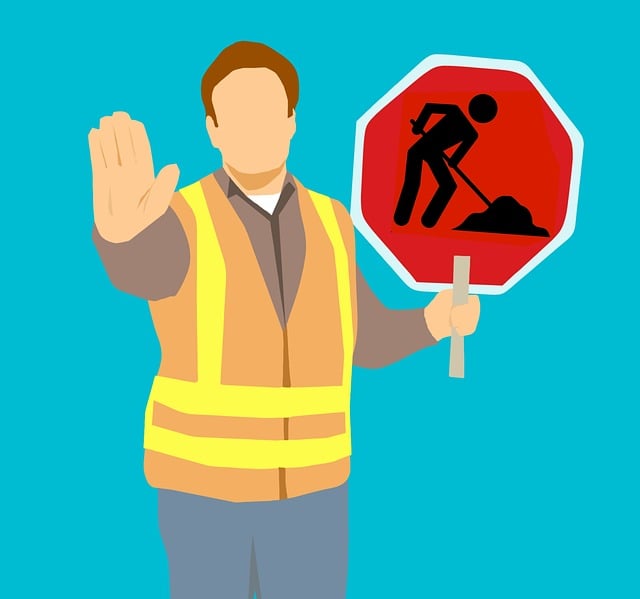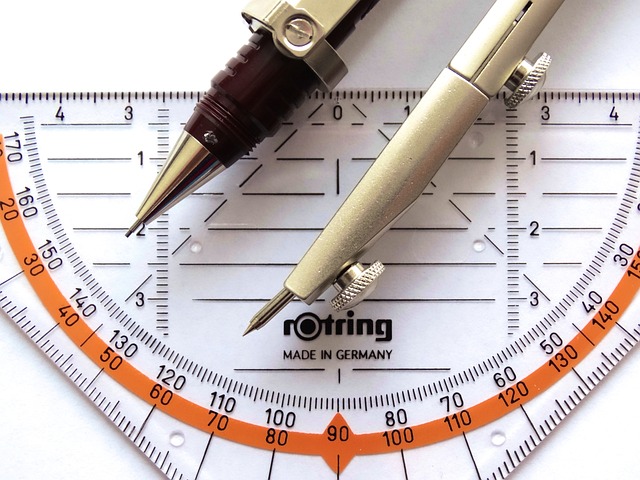Table of Contents
Becoming an Income Tax Inspector in India is a prestigious career choice, offering job security, attractive salaries, and opportunities for growth in the Income Tax Department under the Central Board of Direct Taxes (CBDT). The recruitment process is highly competitive, conducted through exams like SSC CGL (Staff Selection Commission Combined Graduate Level) or UPSC Civil Services (for IRS officers).
This comprehensive guide covers everything you need to know about the Income Tax Inspector exam preparation, including:
- Exam pattern & syllabus
- Eligibility criteria
- Best books & study materials
- Preparation strategy & tips
- Salary & career growth

1. Income Tax Inspector Exam Overview
The Income Tax Inspector recruitment is primarily conducted through:
A. SSC CGL Exam
- Post: Inspector of Income Tax (Group B)
- Conducting Body: Staff Selection Commission (SSC)
- Selection Process:
- Tier-I (Prelims): Objective MCQ-based
- Tier-II (Mains): Descriptive & skill-based
- Document Verification & Medical Test
B. UPSC IRS (Indian Revenue Service) Exam
- Post: Assistant Commissioner of Income Tax (Group A)
- Conducting Body: Union Public Service Commission (UPSC)
- Selection Process:
- Prelims (GS & CSAT)
- Mains (9 Papers, including Essay & Optional Subjects)
- Interview (Personality Test)
2. Eligibility Criteria
A. Educational Qualification
- Bachelor’s degree in any discipline from a recognized university.
- Commerce graduates (B.Com, CA, CS) have an advantage due to the tax-related subjects.
B. Age Limit
| Category | Age Limit |
|---|---|
| General | 18-30 years |
| OBC | 18-33 years |
| SC/ST | 18-35 years |
| Ex-Servicemen | Up to 38 years |
C. Nationality
- Must be an Indian citizen or meet specific eligibility for refugees/NRIs.
3. Exam Pattern & Syllabus
A. SSC CGL Exam Pattern
Tier-I (Prelims)
| Subject | Questions | Marks | Duration |
|---|---|---|---|
| General Intelligence & Reasoning | 25 | 50 | 60 mins |
| General Awareness | 25 | 50 | |
| Quantitative Aptitude | 25 | 50 | |
| English Comprehension | 25 | 50 |
Tier-II (Mains)
| Paper | Subject | Marks | Duration |
|---|---|---|---|
| I | Quantitative Abilities | 200 | 2 hrs |
| II | English Language | 200 | 2 hrs |
| III | Statistics (for certain posts) | 200 | 2 hrs |
| IV | General Studies (Finance & Economics) | 200 | 2 hrs |
B. UPSC IRS Exam Pattern
Prelims (GS & CSAT)
- Paper I: General Studies (Current Affairs, History, Polity, Economy, etc.)
- Paper-II: CSAT (Aptitude, Reasoning, Comprehension)
Mains (9 Papers)
- Essay, GS (4 Papers), Optional Subject (2 Papers), Language Papers
4. Syllabus Breakdown
A. SSC CGL Syllabus
General Intelligence & Reasoning
- Analogies, Coding-Decoding, Syllogism
- Blood Relations, Puzzles, Non-Verbal Reasoning
Quantitative Aptitude
- Number System, Percentage, Profit & Loss
- Time & Work, Algebra, Geometry
English Language
- Grammar, Vocabulary, Comprehension
- Error Detection, Synonyms & Antonyms
General Awareness
- Indian Economy, Taxation Laws
- Current Affairs (Last 6 months)
B. UPSC IRS Syllabus
Prelims (GS & CSAT)
- History, Polity, Geography, Economy
- Logical Reasoning & Data Interpretation
Mains (Optional Subjects for IRS)
- Commerce & Accountancy, Economics, Law
5. Best Books & Study Materials
| Subject | Recommended Books |
|---|---|
| Quantitative Aptitude | Quantitative Aptitude by R.S. Aggarwal |
| English | Objective General English by S.P. Bakshi |
| Reasoning | A Modern Approach to Verbal & Non-Verbal Reasoning by R.S. Aggarwal |
| General Awareness | Lucent’s General Knowledge |
| Taxation & Finance | Income Tax Act Bare Book |
6. Preparation Strategy
A. 3-Month Study Plan
| Month | Focus Area |
|---|---|
| 1st Month | Basics (Maths, Reasoning, English Grammar) |
| 2nd Month | Advanced Topics (Tax Laws, Current Affairs) |
| 3rd Month | Mock Tests & Previous Year Papers |
B. Key Tips
✔ Daily Practice: Solve 10-15 MCQs per topic daily.
✔ Mock Tests: Take weekly full-length tests to improve speed.
✔ Current Affairs: Follow PIB, The Hindu, Economic Times.
✔ Short Notes: Prepare quick revision sheets for last-minute study.
7. Salary & Career Growth
A. Salary Structure (SSC CGL Inspector)
| Component | Amount (Monthly) |
|---|---|
| Basic Pay | ₹44,900 – ₹1,42,000 |
| Grade Pay | ₹4,600 |
| HRA | 8-24% of Basic Pay |
| DA (Dearness Allowance) | 50% of Basic Pay |
| Gross Salary | ₹60,000 – ₹80,000 (approx.) |
B. Career Growth Path
- Income Tax Inspector → Assistant Commissioner (ACIT)
- Deputy Commissioner (DCIT) → Joint Commissioner (JCIT)
- Commissioner of Income Tax (CIT)
8. Frequently Asked Questions (FAQs)
Q1. Can I become an Income Tax Inspector after B.Com?
✅ Yes, a B.Com degree is sufficient. Additional knowledge of taxation helps.
Q2. What is the salary of an Income Tax Inspector?
💰 Starting salary: ₹44,900 + allowances (approx. ₹60,000-₹80,000/month).
Q3. Is the Income Tax Inspector exam tough?
📚 Moderate difficulty, but consistent preparation ensures success.
For official updates, visit:
References
- Income Tax Recruitment 2025 – Careers360
- Income Tax Syllabus & Exam Pattern – ToppersExam
- IRS Exam 2025 – Vajiram & Ravi
- How to Become an Income Tax Officer – Shiksha
- SSC CGL Income Tax Inspector Salary – StudyIQ
Also, read
































Comment on “Income Tax Inspector Exam Preparation in India for 2025-2026”
Comments are closed.